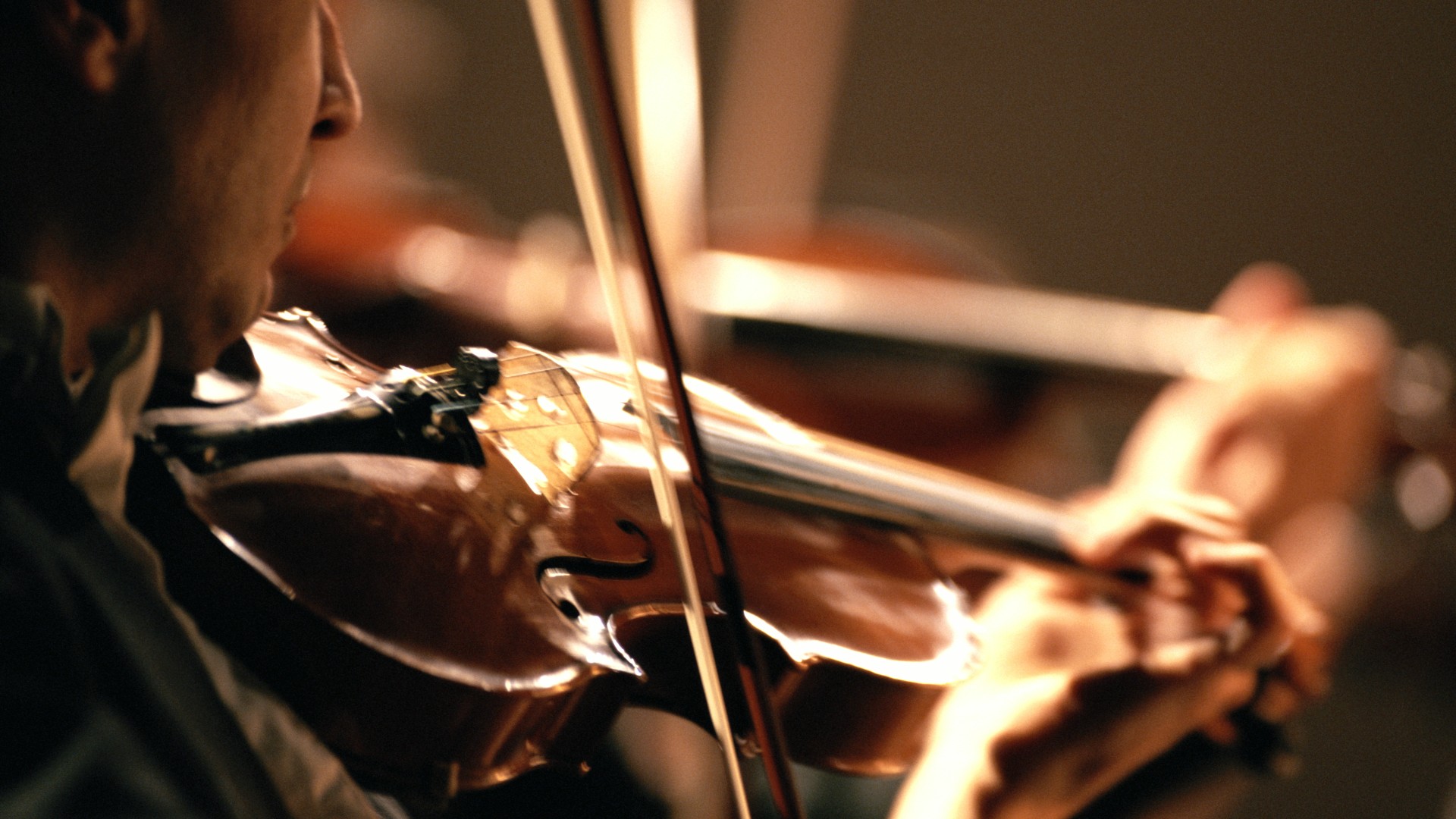Why do some people have perfect pitch?
Only 1 in 10,000 people can recognize musical notes on the spot. Why?
Get the world’s most fascinating discoveries delivered straight to your inbox.
You are now subscribed
Your newsletter sign-up was successful
Want to add more newsletters?

Delivered Daily
Daily Newsletter
Sign up for the latest discoveries, groundbreaking research and fascinating breakthroughs that impact you and the wider world direct to your inbox.

Once a week
Life's Little Mysteries
Feed your curiosity with an exclusive mystery every week, solved with science and delivered direct to your inbox before it's seen anywhere else.

Once a week
How It Works
Sign up to our free science & technology newsletter for your weekly fix of fascinating articles, quick quizzes, amazing images, and more

Delivered daily
Space.com Newsletter
Breaking space news, the latest updates on rocket launches, skywatching events and more!

Once a month
Watch This Space
Sign up to our monthly entertainment newsletter to keep up with all our coverage of the latest sci-fi and space movies, tv shows, games and books.

Once a week
Night Sky This Week
Discover this week's must-see night sky events, moon phases, and stunning astrophotos. Sign up for our skywatching newsletter and explore the universe with us!
Join the club
Get full access to premium articles, exclusive features and a growing list of member rewards.
In his book "Musicophilia," renowned neuroscientist Oliver Sacks described the remarkable ability of Sir Frederick Ouseley, a former music professor at the University of Oxford, to recognize the pitch of everyday sounds. For example, he said it "thundered in G" and the "wind whistled in D."
Ouseley had perfect pitch, also called absolute pitch — the remarkable, rare ability to identify or produce particular musical notes without having a reference note as a guide.
"People who possess this ability [absolute pitch] can name notes as immediately and effortlessly as most people can name colors," Diana Deutsch, an adjunct professor at the Center for Computer Research in Music and Acoustics at Stanford University and a professor emerita of psychology at the University of California, San Diego, told Live Science in an email.
But why do some people have this extraordinary ability, while others don't?
Related: Do we really use only 10% of our brains?
First, it's important to note that absolute pitch differs from "relative pitch," which describes someone's ability to differentiate between the pitch of two or more notes — an essential skill for musicians playing in an orchestra. But only 1 in 10,000 people have absolute pitch, and scientists don't yet know what leads to this ability.
There are several theories, however. The first relates to genetics, as the skill can run in families. However, identifying a specific genetic cause has proved difficult.
Get the world’s most fascinating discoveries delivered straight to your inbox.
"Researchers have attempted to find a DNA marker for absolute pitch, but although there have been several suggestions, none have proved conclusive," Deutsch said. It is also difficult to tease apart the influence of genetics from a person's environment, for instance parents with absolute pitch may be more likely to spend time teaching their children.
Another explanation is the "critical period" theory. Like our ability to learn a language, there may be a specific developmental stage when humans are more likely to cultivate absolute pitch based on their exposure to certain environmental influences. One study, for example, found that 40% of musicians who began training when they were 4 years old or younger had absolute pitch, compared with 3% who started training after they turned 9.
Some of Deutsch's research in speakers of tonal languages such as Mandarin, Cantonese and Vietnamese — who are more likely to have absolute pitch — has supported this critical-period theory.
"In these languages, words take on entirely different meanings depending on the lexical tones in which they are spoken," Deutsch said. (Lexical tones are the pitches of words.) If you say the word "ma" in Mandarin in one tone, for instance, it means "mother," but in another tone, it can mean "horse," she said.
Therefore, as children acquire language, they begin to associate the meaning of a word with the tone in which it is spoken. If they later decide to take music lessons, this same principle may be applied to the acquisition of musical tones.
In one study, Deutsch and her team found that Mandarin-speaking students in Chinese music conservatories were much more likely to have absolute pitch than were English-speaking students in American music conservatories. Interestingly, though, in another study, they found that English-speaking students with absolute pitch were really good at remembering long lists of spoken numbers.
"This could have fostered the development of associations between musical notes and their spoken names early in life," Deutsch said. It's therefore possible that having an "unusually strong" natural ability to remember the sound of speech could influence whether someone acquires absolute pitch, she said.
Other scientists think that with enough training, anyone can acquire absolute pitch at any time, although attempts to prove this have been met with little success, Deutsch said.
In 2015, psychology professor Howard Nusbaum and colleagues Stephen van Hedger and Shannon Heald, who at the time were working at the University of Chicago, showed that it was possible to train people to acquire absolute pitch. However, this ability depended on whether they had good auditory working memory. Remembering the sound of your mother's voice is one example of this type of memory, Nusbaum told Live Science.
Keith Schneider, a professor of psychological and brain sciences at the University of Delaware, and colleagues discovered that professional musicians with absolute pitch have a much larger auditory cortex, the part of the brain that processes sound, than other musicians without absolute pitch or people who had no musical training. Their brains also responded to a wider range of frequencies of sound, compared with the brains of other people, he told Live Science.
However, it is possible to lose absolute pitch, Nusbaum said. In one study, when he and his team slowly detuned music that they played to a group of people who had absolute pitch, they found that the participants lost their ability to detect the tuning of notes. Flat notes sounded in tune to them, while in-tune notes sounded sharp, he said.
"That suggested that the note knowledge that people have is not chiseled in stone in your brain; it's just recorded there, but it's sensitive to context," Nusbaum said. In other words, the mental representation of notes can change with experience.
With or without absolute pitch, though, as Sacks wrote in "Musicophilia," musical stardom may still await.
"Absolute pitch is not necessarily of much importance even to musicians — Mozart had it, but Wagner and Schumann lacked it," Sacks wrote.

Emily is a health news writer based in London, United Kingdom. She holds a bachelor's degree in biology from Durham University and a master's degree in clinical and therapeutic neuroscience from Oxford University. She has worked in science communication, medical writing and as a local news reporter while undertaking NCTJ journalism training with News Associates. In 2018, she was named one of MHP Communications' 30 journalists to watch under 30.
 Live Science Plus
Live Science Plus













